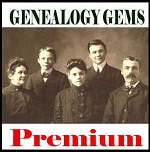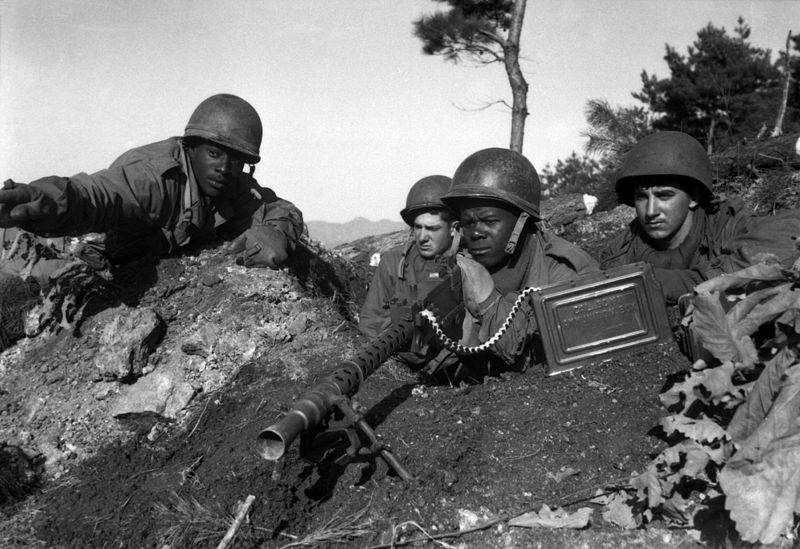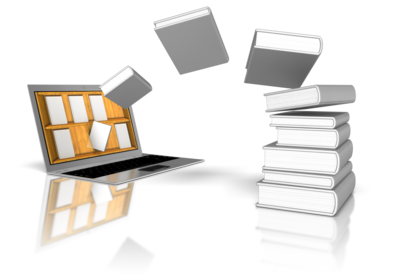by Lisa Cooke | Jun 12, 2014 | 01 What's New, Google, Maps, Military
 World War II started a revolution in map-making. It didn’t just change maps, but it also changed how the world looked at maps.
World War II started a revolution in map-making. It didn’t just change maps, but it also changed how the world looked at maps.
Maps suddenly became very interesting to everyone. Not just war strategists and troops but all those left behind on the home front. This interest was fueled even more by a revolution in how maps were made–a revolution that anticipated the information-sharing power of Google Earth.
“War has perennially driven interest in geography, but World War II was different,” reports this article in New Republic. “The urgency of the war, coupled with the advent of aviation, fueled the demand not just for more but different maps, particularly ones that could explain why President Roosevelt was stationing troops in Iceland, or sending fleets to the Indian Ocean.”
The story focuses on artist Richard Edes Harrison, whose World War II maps portrayed theaters of war with vivid clarity. He used the artist’s tools of shading, color and perspective to create maps “that could be intuitively understood by readers of widely varied levels of literacy and sophistication.” His “colorful and sometimes disorienting pictures (not quite maps)…emphasized relationships between cities, nations, and continents at the heart of the war. These maps were published in Fortune, then issued in an atlas that became an instant bestseller in 1944.”
After reading the article I ran a quick check of Google Books, one of my favorite go-to genealogy resources online, on “Richard Edes Harrison:. Sure enough, Google Books has a fully digitized copy of Life magazine (Feb 28, 1944) which includes the article “Perspective Maps: Harrison Atlas Gives Fresh New Look to Old World.” It’s not only chock full of his color maps, but includes a detailed section on how he drew his maps. You can see it here
What really caught my attention was the article’s explanation of how these World War II maps anticipated the information-sharing power of Google Earth. Google Earth shows us the terrain as well as geographic boundaries. That helps us understand things like movements of troops–or movements of ancestors.
As genealogists, we can learn so much by studying maps–particularly the powerful ones on Google Earth. Genealogy Gems Premium Members have access to my series of videos on Geographic Genealogy, including:
- Google Earth for Genealogy
- Time Travel with Google Earth
- 5 Ways to Enhance Your Research with Old Maps (brand new full hour class – retail value alone $39.95)
P remium Membership is a bargain at only $29.95 for an entire
remium Membership is a bargain at only $29.95 for an entire  year’s access, plus right now you get the free bonus ebook Lisa Louise Cooke’s 84 Best Tips, Tricks & Tools from Family Tree Magazine.
year’s access, plus right now you get the free bonus ebook Lisa Louise Cooke’s 84 Best Tips, Tricks & Tools from Family Tree Magazine.
Click here to learn more about Premium Membership.
by Lisa Cooke | Jan 6, 2014 | 01 What's New, Military, Oral History, Photographs
If your family has a history of military service, you want to better understand the experience of war, or you want to help preserve someone’s memories

American soliders in the Korean War. Fighting with the 2nd Inf. Div. north of the Chongchon River, Sfc. Major Cleveland, weapons squad leader, points out Communist-led North Korean position to his machine gun crew. November 20,1950. Pfc. James Cox. Wikimedia Commons Image.
of combat, you should check out Witness to War.
Witness to War aims to capture “the ‘foxhole view of combat as seen by the soldiers who experienced it.” They do oral history interviews with combat veterans, then preserve and share them through their website. They have already posted a lot of video interviews that are searchable by subject or name.
Their collection of photos, mostly snapshots taken by soldiers, is sobering and powerful. There are a lot of battlefield and other very stark images.
Do you know anyone whose memories should be included in this site? They are currently interviewing soldiers in the Atlanta and Washington, D.C. areas. All content they collect will be donated to the (US) Library of Congress Veterans History Project.
by Lisa Cooke | Dec 4, 2013 | 01 What's New, Digital Archives
Over million in grants has been awarded by the National Archives (U.S.) to digitize important historical documents. Here’s how the  awards break down:
awards break down:
- $1.1 million to “nine publishing projects from the U.S. Colonial and Early National Period, including the papers of Benjamin Franklin, George Washington, John Adams, Thomas Jefferson, James Madison, Dolley Madison, and John Jay. Projects to record the Documentary History of the Ratification of the U.S. Constitution and the Documentary History of the First Federal Congress also received funding”
- Nearly $700,000 to “State and National Archives Partnership (SNAP) grants to enable 28 state historical records advisory boards to carry out their mission to support archival education and strengthen the nation’s archival network;”
- Over $500,000 to 7 projects to “digitize World War II Oral History files; the papers of Leo Szilard, the nuclear physicist; the papers of General Oliver Otis Howard, Civil War general, Commissioner of the Freedman’s Bureau, and third president of Howard University; Historical Collective Bargaining Agreements from the 1880s through the 1980s; the Center for Jewish History’s American Soviet Jewry Movement collections; Early Connecticut manuscripts; and 19th century trademark files in the California Archives, including the original trademarks and specimens from Levi Strauss & Co. jeans, 19th century medicines and tonics, and the original trademark registered to Anheuser Busch for its Budweiser lager.”
As you can see, there’s a lot in there to appeal to family historians. Maybe not so much the Levi Strauss and Budweiser artifacts, but I could see many of us being interested in the World War II oral history files; the papers of the Freedman’s Bureau Commissioner; the Center for Jewish History’s files; those early Connecticut manuscripts and more.
The National Archives’ press release doesn’t say where these digitized files will end up. But I’m guessing at least some will eventually be made available on Founders Online, an award-winning database on the papers of “America’s Founders.”
by Lisa Cooke | May 22, 2013 | 01 What's New, British, Findmypast, Military, Records & databases

Military image at Findmypast.com.
If you have relatives who have served in the military, why don’t you plan a little extra genealogical web surfing time this week? Here are two sites offering free temporary access to records:
1) In honor of Memorial Day in the United States, findmypast.com is offering free searching of its collection of U.S. and international military records from midnight EDT on Thursday, May 23 until midnight EDT on Memorial Day, Monday, May 27.
Findmypast.com hosts over 26 million military records, with an emphasis on 20th-century records. That’s a plus for U.S. military records because so many from the 20th century were destroyed in a huge fire at the National Personnel Records Center in 1973. For the U.S., you’ll find World War I draft registration cards; World War II Army enlistments and prisoner of war records; Korean War casualties and POWs; Vietnam War casualties and even “casualties returned alive” (people thought to be dead but who came home) and an Army casualty file for 1961-1981.
There’s a much longer list for military records for the U.K. and Australasia, and a short, separate list of Irish military records. I’m guessing many of you in the English-speaking world have relatives who appear in these records.
Anyone can access these records by registering at findmypast.com.
2) In honor of Memorial Day next week, MyHeritage is granting free access to millions of military records from their most popular collections. The records can be accessed from here.
The free offer ends on May 28.
The collections will help you journey back in time to some of the most important conflicts in world history, which impacted American families as well as millions of families worldwide.
Here is the link to their official blog post – http://blog.myheritage.com/2013/05/memorial-day-free-access-to-us-military-records/
 World War II started a revolution in map-making. It didn’t just change maps, but it also changed how the world looked at maps.
World War II started a revolution in map-making. It didn’t just change maps, but it also changed how the world looked at maps.
 remium Membership is a bargain at only $29.95 for an entire
remium Membership is a bargain at only $29.95 for an entire  year’s access, plus right now you get the free bonus ebook Lisa Louise Cooke’s 84 Best Tips, Tricks & Tools from Family Tree Magazine.
year’s access, plus right now you get the free bonus ebook Lisa Louise Cooke’s 84 Best Tips, Tricks & Tools from Family Tree Magazine.

 awards break down:
awards break down:



